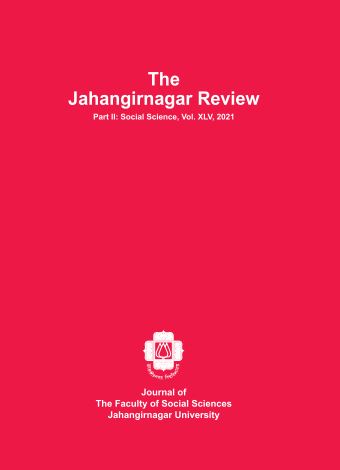Effect of the Retirement Policy in Degeneration of Employment Opportunities in Bangladesh
Main Article Content
Abstract
Bangladesh's unemployment crisis is a key source of concern. This study examines the role of early retirement on Bangladesh's unemployment crisis using both primary and secondary data. Primary data is gathered through field surveys, and secondary data is compiled from the government's Management Information System (MIS) department, the human resource departments of Sonali Bank, Janata Bank, Rupali Bank, Agrani Bank, and the administrative departments of the naval force, air force, and armed force. The World Bank (WB) and the Bangladesh Bureau of Statistics provided secondary data on population growth rates and industrialization (BBS).According to the study, retirement is expected to have a substantial impact on employment in Bangladesh. Industrialization, on the other hand, has little effect on employment. The population growth rate has a detrimental impact on employment. Furthermore, this study reveals that the tendency to engage in business is strong among retired personnel from the defense sector, at 75%, but only 30% in the banking sector and only 12.50 percent in the education sector. In the defense sector every year, a large number of people get employment with a high rate of retirement. But in the education and banking sector, there is no stability in the case of employment and retirement. These two sectors have high employment levels in some years, but low employment levels in the majority of years due to the low retirement rate. However, there is a positive association between employment and retirement in all of the sectors studied. The regression result reveals a positive association between employment and retirement, indicating that if retirement is increased by one unit, employment will increase by.929 units.

